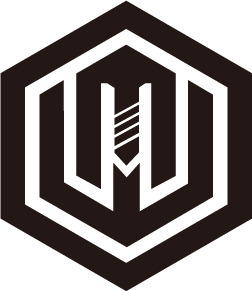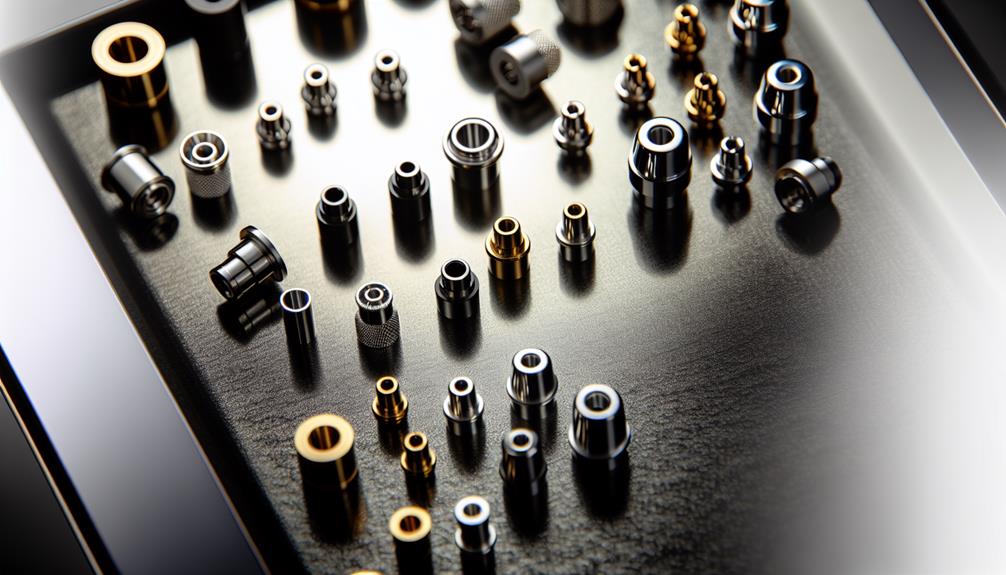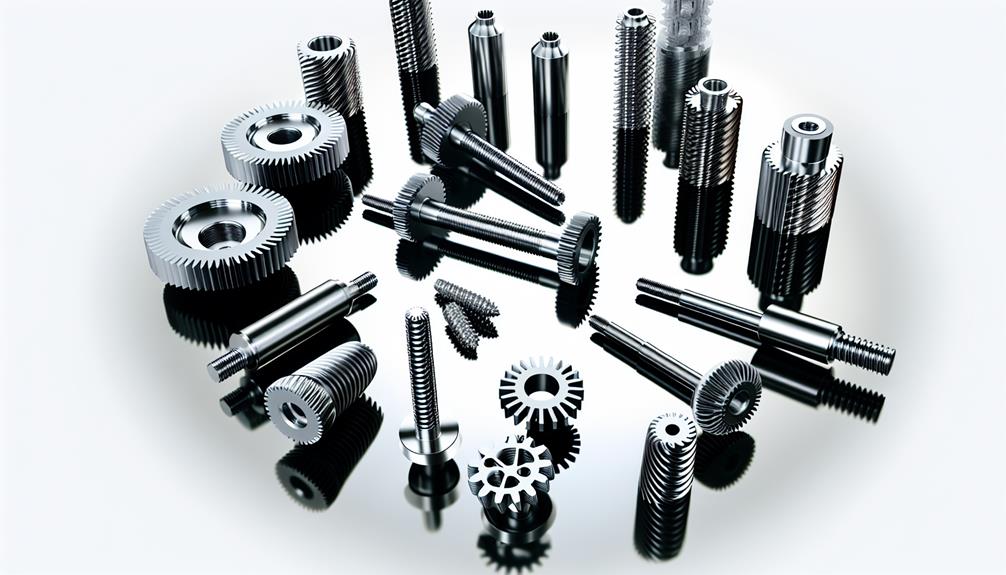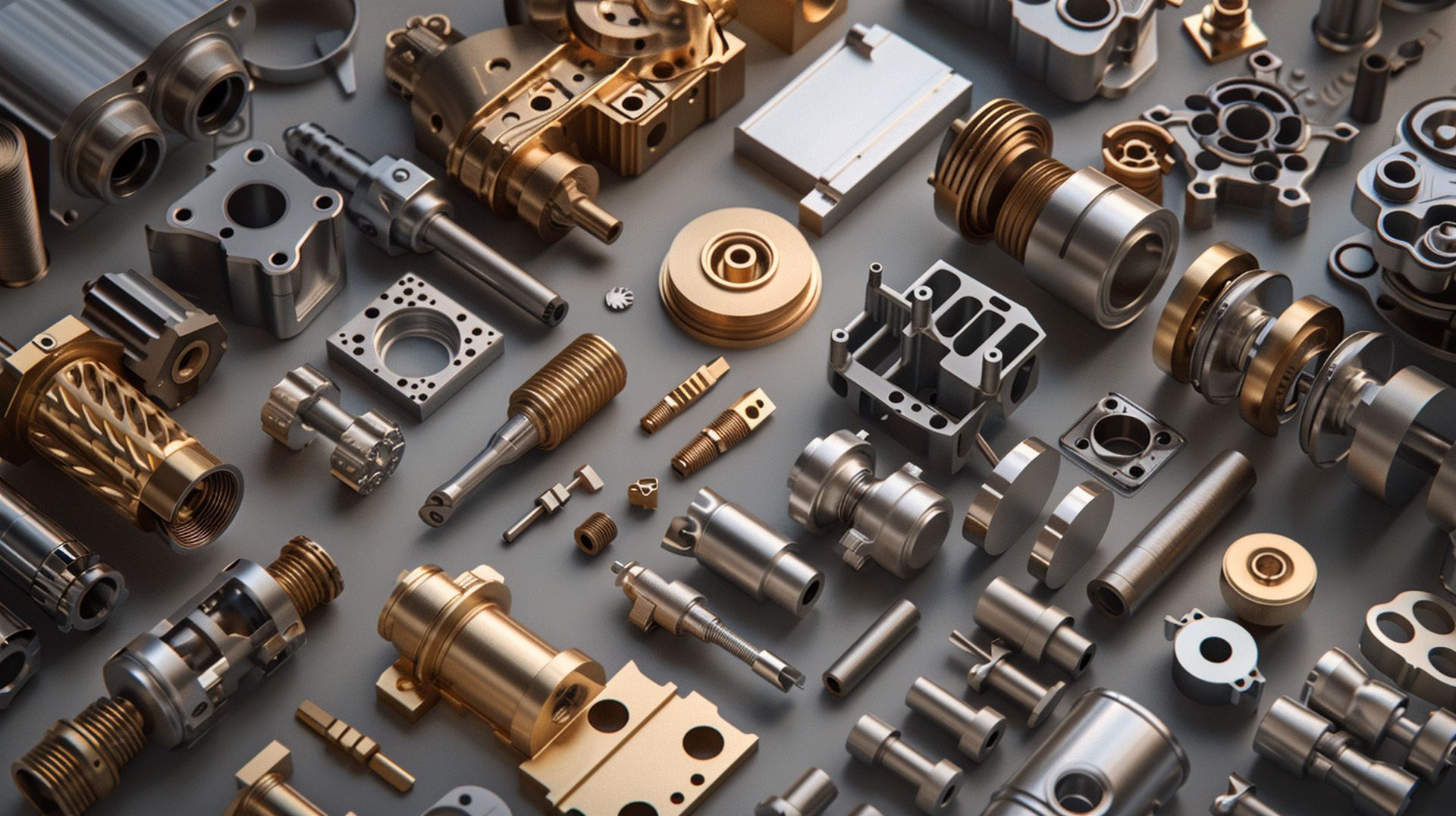A Guide to Bespoke Fasteners for Your Project
In the world of construction and manufacturing, the success of any project relies heavily on the quality and reliability of the materials used. When it comes to fasteners, off-the-shelf options may not always meet the specific requirements of your project. That's where bespoke fasteners come into play.
These custom-made fasteners are designed to fit your unique needs, ensuring a secure and durable connection. But what exactly are bespoke fasteners? How can they benefit your project? And what factors should you consider when choosing them?
In this guide, we will explore the world of bespoke fasteners, discussing their types, applications, and the key factors to consider in their selection. So, whether you're a seasoned professional or just starting out, join us as we unlock the secrets behind these essential components, and discover how they can take your project to the next level.
Key Takeaways
- Bespoke fasteners are customized and tailor-made to meet specific project requirements, offering a precise fit and optimal performance.
- Material options for bespoke fasteners include stainless steel, brass, and aluminum, allowing for strength, corrosion resistance, and durability.
- Customization options for bespoke fasteners include size, shape, material, and finish, ensuring that the design and dimensions are tailored to project requirements.
- Bespoke fasteners find applications in various industries such as automotive, aerospace, construction, and manufacturing, providing tailored solutions for optimal performance, safety, and efficiency.
Understanding Bespoke Fasteners

Understanding bespoke fasteners is essential for anyone working on projects that require customized and specialized hardware solutions. Bespoke fasteners refer to customized and tailor-made fasteners that are designed to meet specific project requirements. These fasteners offer several advantages over standard off-the-shelf options.
One of the main advantages of bespoke fasteners is the ability to customize them according to specific project needs. This customization can include factors such as size, shape, material, and finish. By tailoring the fasteners to the project requirements, it ensures a precise fit and optimal performance.
Another advantage of bespoke fasteners is the ability to choose from a wide range of customization options. This includes selecting the appropriate material for the fasteners, such as stainless steel, brass, or aluminum, depending on factors like strength, corrosion resistance, and aesthetics. Additionally, the finish of the fasteners can be customized, allowing for options like plating, coating, or painting.
The customization options for bespoke fasteners also extend to the threading and head styles. This allows for compatibility with different types of tools and equipment, ensuring ease of installation and maintenance.
Types of Bespoke Fasteners

There are various types of bespoke fasteners available to cater to different project requirements and specifications. Customized fasteners offer several advantages over standard off-the-shelf options.
One type of bespoke fastener is the customized bolt. These bolts can be manufactured to specific lengths, diameters, and thread types to ensure a perfect fit for your project.
Another type of bespoke fastener is the customized screw. These screws can be designed with unique head shapes, drive types, and thread pitches to meet your specific needs.
Customized nuts are also available, allowing for precise fitting and alignment. Additionally, there are bespoke washers that can be tailored to fit specific bolt or screw sizes, ensuring optimal performance and stability.
Other types of bespoke fasteners include pins, clips, and rivets, which can be customized in terms of size, shape, and material.
The advantages of bespoke fasteners are clear: they provide a tailored solution that meets your project's exact requirements, ensuring optimal performance and reliability. By opting for customized fasteners, you have greater control over the design, functionality, and quality of your project, ultimately leading to a more successful outcome.
Applications of Bespoke Fasteners

Bespoke fasteners find applications in a wide range of industries and projects, offering tailored solutions for specific needs and requirements. These customized fasteners provide numerous benefits over standard off-the-shelf options, making them a preferred choice for those who desire control over their projects. Here are some key applications where bespoke fasteners excel:
| Industry | Application | Benefits |
|---|---|---|
| Automotive | Assembly of specialized components | Ensures precise fit and performance |
| Aerospace | Fastening critical aircraft structures | Guarantees safety and reliability |
| Construction | Joining heavy-duty structural components | Provides strength and durability |
| Manufacturing | Fixing unique machinery parts | Enhances efficiency and productivity |
In the automotive industry, customized fasteners are used for the assembly of specialized components, ensuring a precise fit and optimal performance. In the aerospace sector, bespoke fasteners are employed to fasten critical aircraft structures, guaranteeing safety and reliability. In construction, these fasteners are used to join heavy-duty structural components, providing the necessary strength and durability. Finally, in manufacturing, bespoke fasteners are utilized for fixing unique machinery parts, enhancing efficiency and productivity.
The benefits of bespoke fasteners are evident in these applications. By offering tailored solutions, these fasteners ensure that every project is equipped with the right components for optimal performance, safety, and efficiency. Whether it's in the automotive, aerospace, construction, or manufacturing industry, customized fasteners provide the control and reliability required for successful projects.
Factors to Consider When Choosing Bespoke Fasteners

When selecting bespoke fasteners for a project, it is crucial to carefully consider several key factors to ensure optimal performance and reliability. These factors include:
- Material: The choice of material for bespoke fasteners is crucial as it determines their strength, corrosion resistance, and durability. Factors such as the environment and application requirements should be considered when selecting the material.
- Design and Dimensions: The design and dimensions of bespoke fasteners should be tailored to the specific requirements of the project. This includes considerations such as thread type, length, diameter, and head style.
- Load Capacity: The load capacity of bespoke fasteners should be determined based on the anticipated load and stress levels. It is essential to choose fasteners that can withstand the expected forces to ensure the safety and longevity of the project.
- Quality and Reliability: The quality and reliability of bespoke fasteners are crucial for the overall success of the project. It is important to source fasteners from reputable manufacturers to ensure consistent quality and performance.
While bespoke fasteners offer several benefits such as customized design and enhanced performance, it is essential to consider the drawbacks as well. These drawbacks may include higher costs, longer lead times, and potential challenges in sourcing replacement fasteners.
Tips for Proper Installation and Maintenance of Bespoke Fasteners

To ensure the optimal performance and longevity of bespoke fasteners, it is crucial to follow proper installation and maintenance practices. By using the right techniques during installation and addressing common maintenance issues, you can maximize the effectiveness of these fasteners and ensure the success of your project.
Proper installation techniques are essential to ensure that bespoke fasteners are securely and correctly fitted. Here are some key tips to keep in mind:
- Use the right tools: Always use tools that are appropriate for the specific type of fastener you are installing. This will help prevent damage to the fastener and ensure a proper fit.
- Follow manufacturer guidelines: Each bespoke fastener may have specific instructions provided by the manufacturer. It is important to carefully read and follow these guidelines to ensure proper installation.
- Apply the correct torque: Over-tightening or under-tightening can lead to problems with the fastener's performance. Use a torque wrench to apply the correct amount of force and prevent any issues.
In addition to proper installation, regular maintenance is vital to the longevity of bespoke fasteners. Here are some common maintenance issues to be aware of:
- Corrosion: Regularly inspect fasteners for signs of corrosion. If any corrosion is detected, it should be addressed promptly to prevent further damage.
- Loosening: Over time, fasteners can become loose due to vibrations or other factors. Regularly check and tighten fasteners as needed to maintain their effectiveness.
- Lubrication: Apply appropriate lubrication to fasteners to reduce friction and prevent wear. This will help extend their lifespan and maintain their performance.
Frequently Asked Questions
Can Bespoke Fasteners Be Used in High-Temperature or Corrosive Environments?
Bespoke fasteners offer numerous advantages in high temperature or corrosive environments. However, certain factors must be considered when choosing them for challenging conditions. These include material selection, corrosion resistance, and temperature limits to ensure optimal performance and longevity.
What Are the Typical Lead Times for Manufacturing Bespoke Fasteners?
Typical lead times for manufacturing bespoke fasteners can vary depending on several factors. These factors include the complexity of the design, the availability of raw materials, and the capacity of the manufacturer.
Are Bespoke Fasteners More Expensive Than Standard Off-The-Shelf Fasteners?
When comparing the cost of bespoke fasteners to standard off-the-shelf options, it is important to consider the customization options and unique specifications required for your project. While bespoke fasteners may be more expensive, they offer greater control and precision in meeting specific design requirements.
Can Bespoke Fasteners Be Used in Applications Requiring High Tensile Strength?
Bespoke fasteners can indeed be used in applications requiring high tensile strength. Their customization allows for specific design and materials that meet the demands of the aerospace industry. Additionally, they offer numerous benefits in construction projects, enhancing precision and control.
Are There Any Limitations or Size Constraints When It Comes to Designing Bespoke Fasteners?
When designing bespoke fasteners, it is essential to consider any limitations or size constraints that may arise. These factors can impact the overall functionality and effectiveness of the fasteners in your project.
Mikehardware-your trusted Bespoke Fasteners manufacturer
In conclusion, bespoke fasteners are a vital component in various projects, offering customized solutions for specific needs. By considering factors such as material, design, and application, one can choose the most suitable bespoke fasteners for their project.
Proper installation and maintenance are crucial to ensure their long-term functionality. Interestingly, a study found that using bespoke fasteners can reduce overall project costs by up to 25%, highlighting the importance of choosing the right fasteners for improved efficiency and cost-effectiveness.
At Dongguan Mike Hardware Co., Ltd., precision engineering meets innovation, delivering impeccable CNC product manufacturing solutions. Explore our array of customized fasteners, screws, and coatings, ensuring your projects excel in performance, precision, and quality.
Elevate your engineering prowess with our tailored solutions—Contact us for a free quote of your ideal Bespoke Fasteners.




